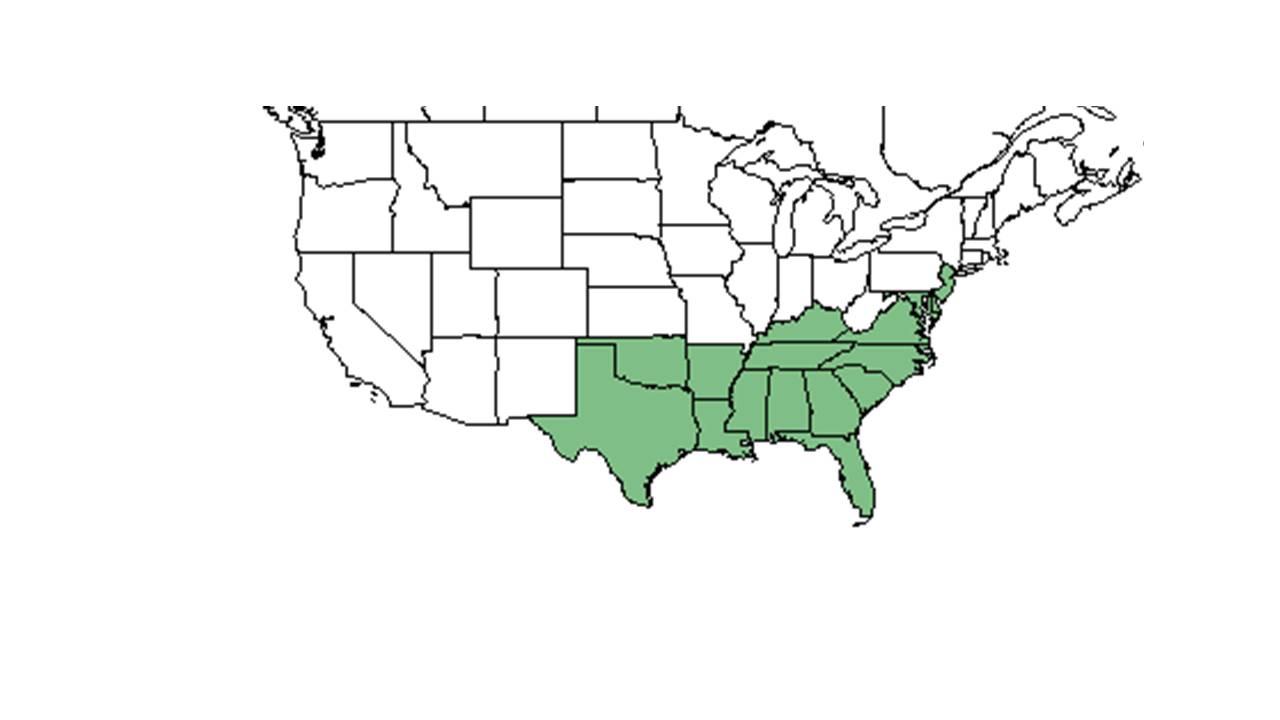Difference between revisions of "Juncus coriaceus"
(→Description) |
|||
| Line 24: | Line 24: | ||
==Ecology== | ==Ecology== | ||
===Habitat=== <!--Natural communities, human disturbed habitats, topography, hydrology, soils, light, fire regime requirements for removal of competition, etc.--> | ===Habitat=== <!--Natural communities, human disturbed habitats, topography, hydrology, soils, light, fire regime requirements for removal of competition, etc.--> | ||
| + | This species has been observed to grow in shaded, moist pine flatwoods and hardwood woodlands on water edges in peaty and sandy loam soils (FSU Herbarium). | ||
| + | |||
===Phenology=== <!--Timing off flowering, fruiting, seed dispersal, and environmental triggers. Cite PanFlora website if appropriate: http://www.gilnelson.com/PanFlora/ --> | ===Phenology=== <!--Timing off flowering, fruiting, seed dispersal, and environmental triggers. Cite PanFlora website if appropriate: http://www.gilnelson.com/PanFlora/ --> | ||
===Seed dispersal=== | ===Seed dispersal=== | ||
Revision as of 09:05, 10 July 2015
| Juncus coriaceus | |
|---|---|

| |
| Scientific classification | |
| Kingdom: | Plantae |
| Division: | Magnoliophyta - Flowering plants |
| Class: | Liliopsida – Monocotyledons |
| Order: | Juncales |
| Family: | Juncaceae |
| Genus: | Juncus |
| Species: | J. coriaceus |
| Binomial name | |
| Juncus coriaceus Mack. | |

| |
| Natural range of Juncus coriaceus from USDA NRCS Plants Database. | |
Contents
Description
Common Name: leathery rush
Distribution
Ecology
Habitat
This species has been observed to grow in shaded, moist pine flatwoods and hardwood woodlands on water edges in peaty and sandy loam soils (FSU Herbarium).